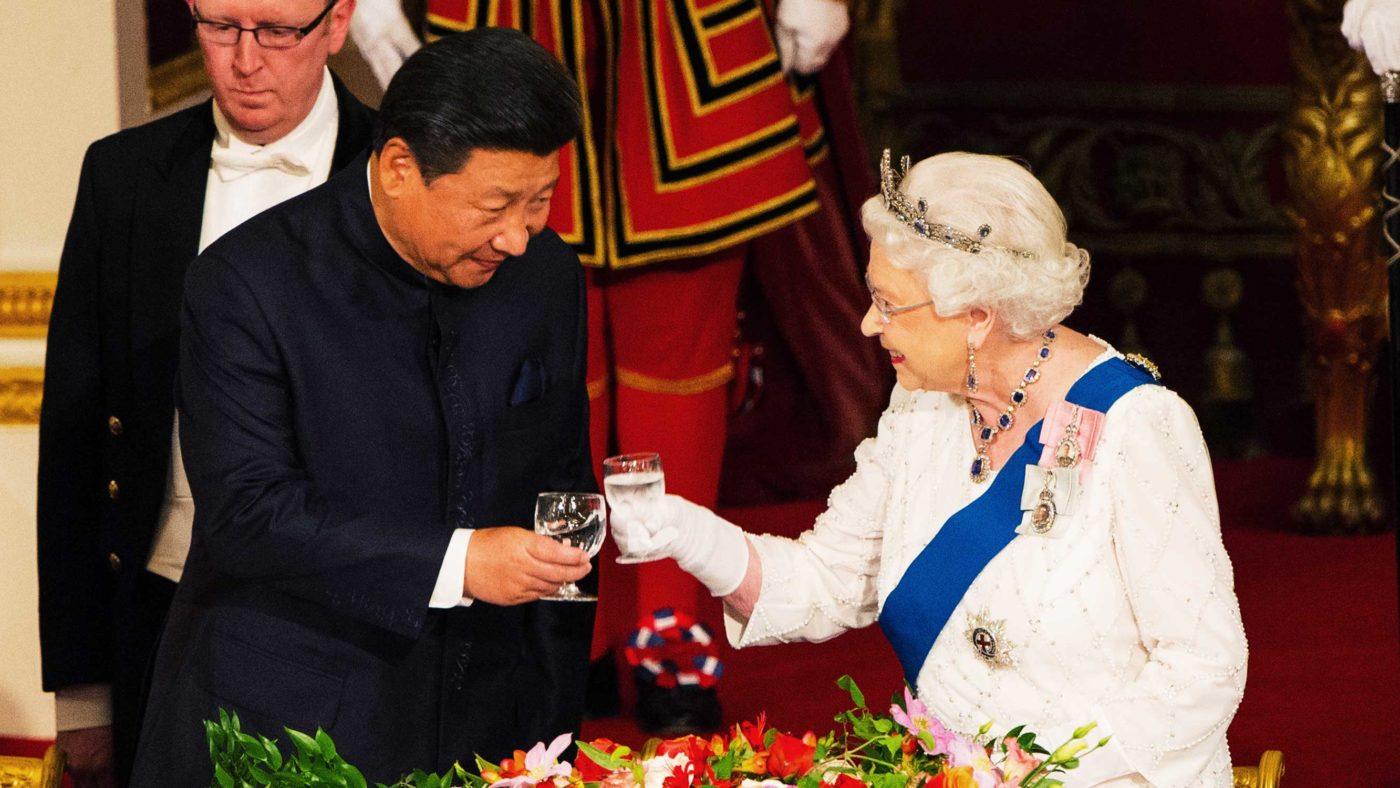The Australian government has recently made a U-turn to block Chinese investment in its largest energy grid. After courting bids from investors for 50.4% of shares in Ausgrid, Australian Treasurer Scott Morrison blocked the sale to Cheung Kong Infrastructure and the State Grid Corporation of China in August 2016. This was justified on the pretext of concerns for “national security”. New South Wales state lost out on AU$10 billion of funds, and Chinese investors were left disappointed.
This is not the first occasion upon which a developed country has rejected Chinese investment in vital infrastructure. The Ausgrid decision bears resemblance to British deliberations over investment in the Hinkley Point C (HPC) nuclear power project. Grand diplomacy heralded Chinese investment, with a third of the £18 billion funding needed coming from the China General Nuclear Power Corporation (CGN). The announcement in July 2016 that the project would be subject to further review was partly attributable to security fears. Some in Beijing suggested that “China-phobia” was responsible for the delay and that Britain mistrusts Chinese corporations with its critical infrastructure, an accusation that has strained Sino-British relations.
These instances beg the question of whether “China-phobia” does exist in the minds of Western policymakers and how the nationality of investors matters. Despite lengthy negotiations, Western nations are hesitant to commit to sizeable deals with China, and this unease is particularly prevalent where infrastructure is concerned. Rather than pragmatically embracing opportunities for job creation and output, Chinese investments are analysed for ulterior political motives. A land sale to an investor in Iceland in 2011 was denied on the basis that China could gain a strategic position in the North Atlantic. Australia blocked the takeover of the world’s largest cattle farm by Shanghai Pengxin amid fears of foreign ownership and endangering the “national interest”.
National security concerns for critical power and communication industries cannot be dismissed entirely, and it is reasonable for a sovereign nation to feel cautious about handing key infrastructure management to a foreign investor. Power supplies could be shut down by a foreign government for diplomatic leverage, which presents a dilemma for the Hinkley Point project given that the China General Nuclear Power Corporation is state-owned. The Chinese record on cyberattacks is by no means clean. A US Congressional committee argued in 2012 that equipment provided by Chinese companies Huawei and ZTE for the country’s infrastructure would facilitate cyberespionage. The risk of compromising security with sensitive data leaks still prevents the companies from entering the US network equipment market.
It would, however, be counter to the interests of Chinese investors to risk projects worth billions of dollars by abusing them as such, and investment should be welcomed. Ensuring national security is a legitimate concern but given the vast scale of investments, it benefits Chinese corporations to manage them responsibly. This outdated view must be dispelled, and Britain in particular should encourage foreign investment in the wake of Brexit. Britain will be ineligible for access to the €315 billion Juncker Plan and European Investment Bank funding. Chinese companies have the potential to invest £105 billion in British infrastructure by 2025, which is necessary for projects such Heathrow airport expansion, the “Northern Powerhouse” and HS2, for which state-owned China Railway Group is preparing a bid for the £12 billion contract.
China is aware that developed nations have significant current account deficits and need its resources for vital projects. It will not wait indefinitely for deal-making. The Chinese Minister of Commerce has warned Australia as much following the Ausgrid saga, and it has been made clear that the Sino-British relationship is at a “critical juncture”. Foreign investment and trade should be high on Theresa May’s agenda for the G20 Hangzhou summit in September, and efforts should be made to prevent accusations of “China-phobia”. Obstructing Chinese investment is risky, unattractive, and breeds mistrust. Developed nations must shake off their unease at the prospect of investment from this global superpower.


